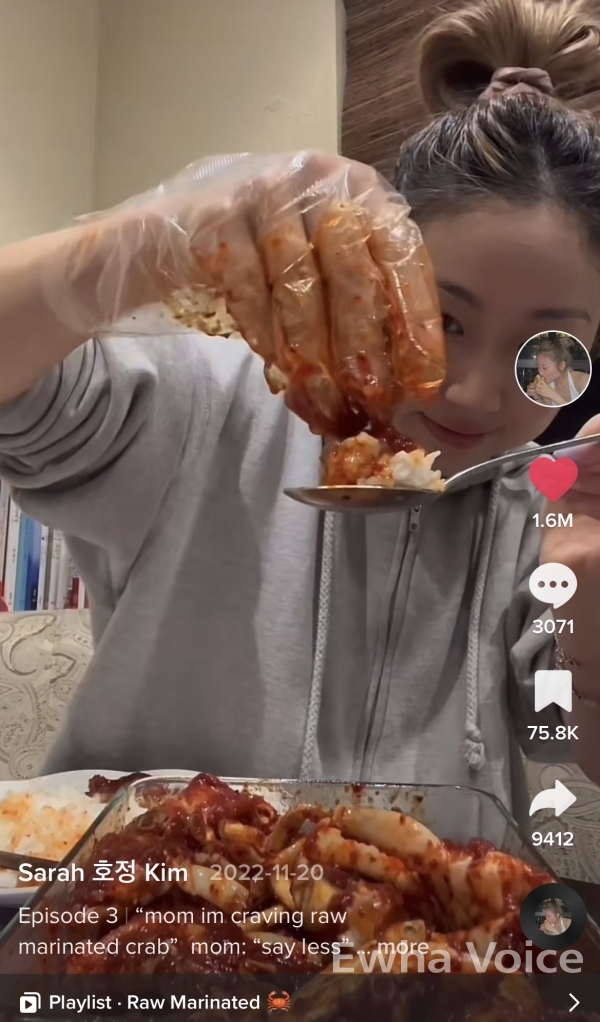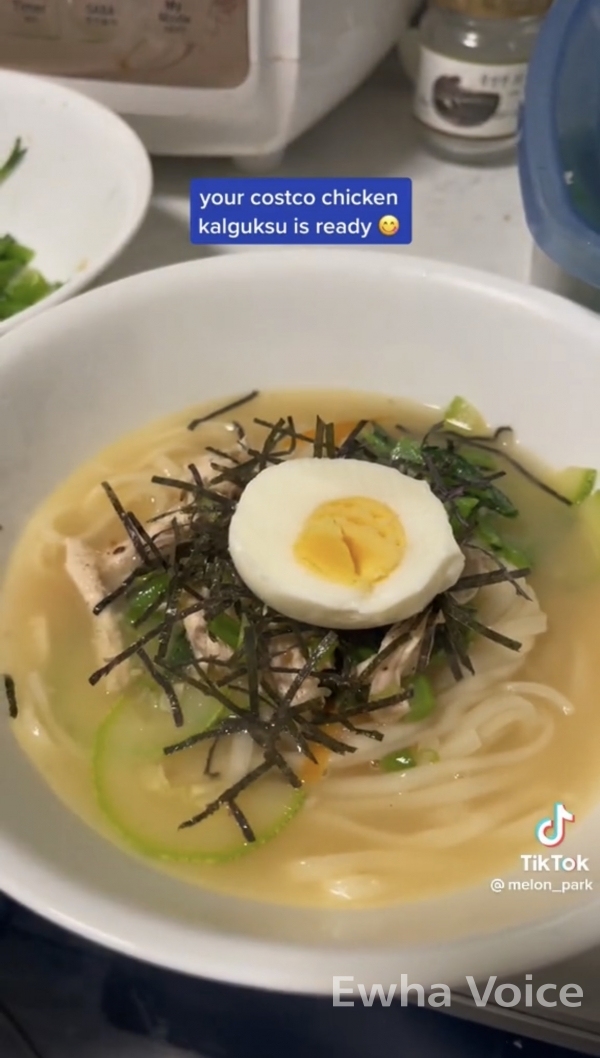
People around the world are trying Korean gejang, or raw marinated crab, at home, and it has everything to do with recent social media trends. At-home recipe videos of traditional Korean foods like gejang and kalguksu have recently been taking the internet by storm. While Korean barbecue has made its mark worldwide as an enjoyable and delicious food culture, xenophobia toward Korean cuisine has unfortunately been persisting. However, today’s social media has made it easier for people around the world to get to know other cultures, including traditional Korean cuisine.
Professor Jang Han-up, the director of the Center for Multiculture Research at Ewha Womans University, defined xenophobia as the dislike or fear of people from other countries. It became prevalent in the 20th century as international organizations began to form and international migrants increased in number.
Unfortunately, Korean cuisine was not exempt from this discrimination. In fact, Korean people growing up in other countries often faced hurtful and ignorant comments regarding the foods they ate.
Robin Woon, a Korean-American student at the University of Southern California, recalled her experience growing up in the United States as a Korean immigrant. Not used to the western palette, she had packed her usual Korean dosirak— rice, seaweed laver, and a few side dishes— to school for lunch.

“While some of my friends were genuinely intrigued by my different choice in lunch menu, most students at my school pointed out that my food smelled weird,” Woon confessed. "I felt embarrassed by my own culture’s food and had to stop bringing Korean packed lunches to school.”
However, with content creation becoming more easy-to-approach in recent years, many Koreans have been showcasing cultural aspects of their lives online. This newfound abundance of related accessible content has allowed people around the world to learn more about Korean culture.
Jocelyn Gonzalez, a student of the University of South Florida currently studying at Ewha, just recently became acquainted with Korean culture as she was searching for possible study-abroad destinations. She commented that the recent advancement in technology and its gateway to represent respective cultures have made it easier to approach Korean culture.
Gonzalez also pointed out that as native Koreans explain the significance, anecdotes, and traditional aspects of Korean foods, people are opened to the most authentic view of Korean cuisine. This has allowed global audiences, including Gonzalez, to accept a different culture by finding out personal links about it that they can resonate with.
Isabella Irene Mallari, a freshman in the Division of International Studies from the Philippines, also noticed the way Korean influencers emphasize the background and importance of the dishes they showcase.
The creators behind the recent influx of Korean cultural content have indeed been prioritizing authenticity when producing their content.
TikTok creator Ellen Park received her first big wave of online recognition after posting a video of her grandmother’s Costco Chicken Kalguksu recipe. Millions of people from different backgrounds were infatuated by the warmth coming from a hearty home- cooked traditional meal.
“What warmed my heart most was people saying how my Korean grandma reminded them of their own grandparents because of the love they see her show through her cooking,” Park revealed.
The love Park’s grandmother showed through her cooking brought people around the world together, leading viewers to even try the recipes out themselves.
Creator Sarah Kim recently gained a vast global audience as well, especially through her mother’s Raw Marinated Crab recipe videos. While her content received immense love from diverse audiences, some have shown disrespectful rejoinders, gagging and spitting out the food on camera. Despite the disparaging responses, Kim has been continuously striving to reap positive influence with her content.
“I personally am navigating this matter by integrating my personal values of family, authenticity, and love with my Korean recipe videos so that my non-Korean audience can find it easier to connect with dishes they have never tried before,” Kim said.
Not only has authenticity helped attract positivity and confront negativity toward Korean cuisine, but it has also been vital in preserving Korean culture amidst all the global recognition.
At the same time, Professor Jang emphasized the importance of focusing on allowing others to see our culture for what it is, instead of trying to fit it into other cultures’ standards.
“It is important to maintain cultural humility,” added Professor Jang. "Especially at a time like this where Korean cuisine is receiving recognition globally, we must remember to remain modest and keep our focus on representing our culture properly and authentically."

